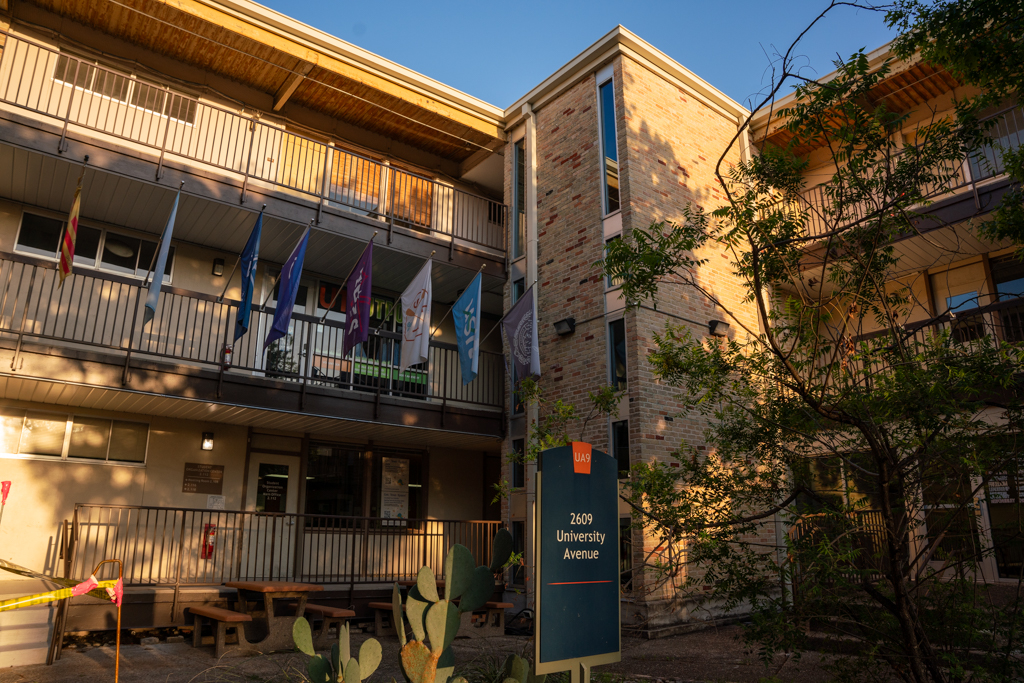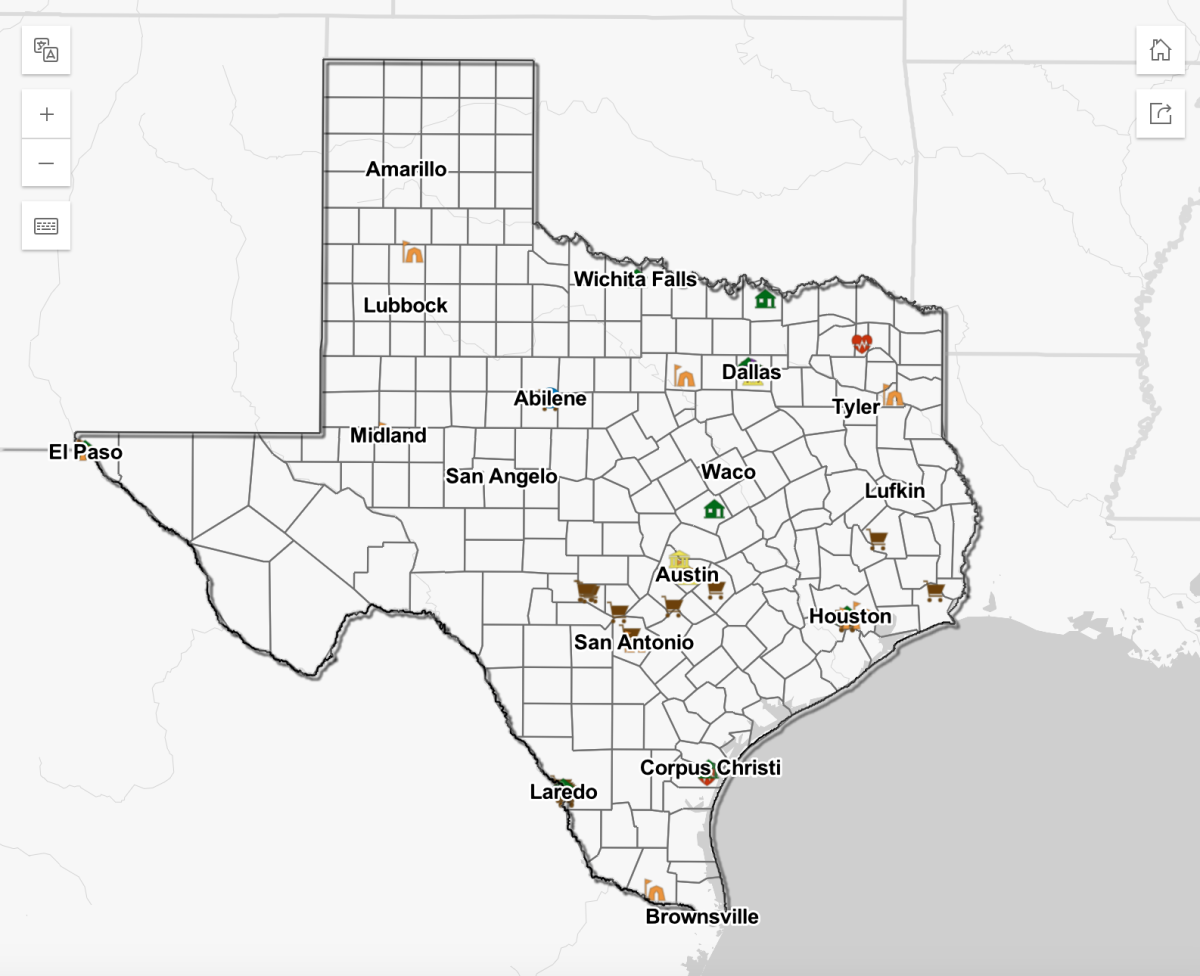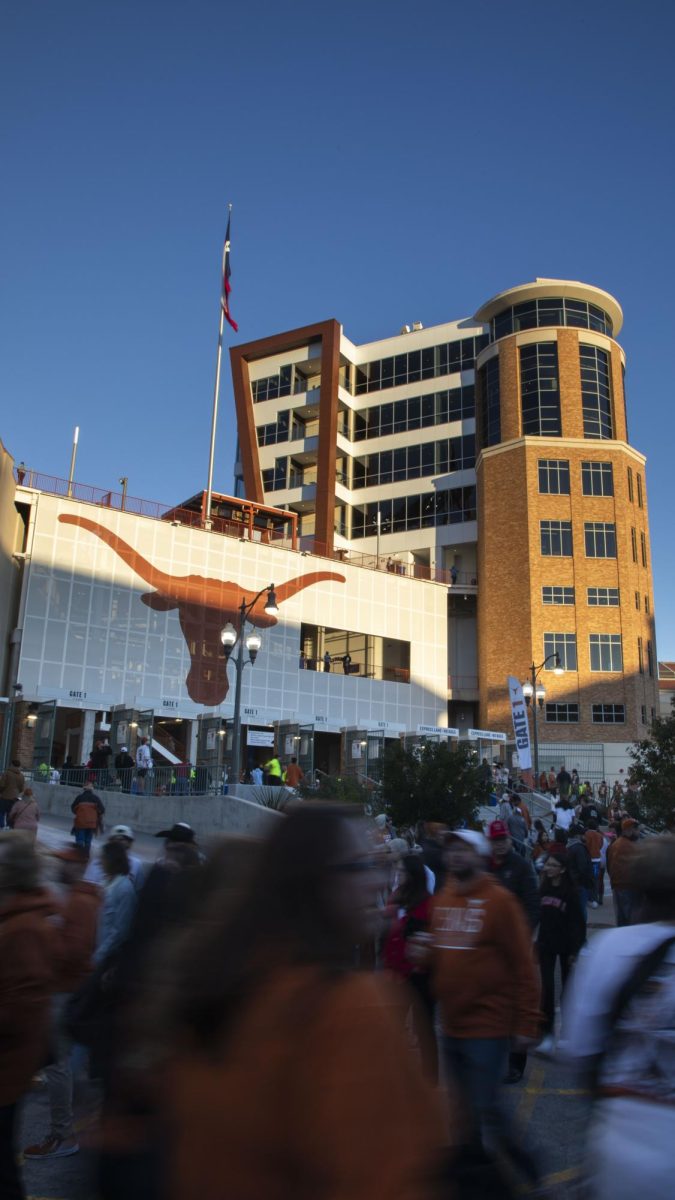Editor’s note: On April 4, The Associated Press reported that two UT Austin graduates, who remained in the U.S. to work as permitted by their student visas, had their student visas revoked. The Texan has not independently verified this report.
Multiple international students studying at UT have experienced a change in their visa status, University spokesperson Mike Rosen confirmed in an email on Wednesday.
The University declined to comment on the total number of students affected. It is unknown how many impacted students were notified by federal authorities of their visa revocation or the termination of their legal residency status. It is also unclear when the changes were made and under what circumstances.
Visa revocation and the termination of legal status are not the same, according to a policy brief by the American Immigration Lawyers Association. The U.S. Department of State can revoke a student’s visa if the student fails to maintain the terms of the visa, which can include an insufficient course load or working without authorization, according to the U.S. Department of Homeland Security.
“When considering revocations, the Department looks at information that arises after the visa was issued that may indicate potential visa ineligibility under U.S. immigration laws,” a State Department spokesperson said in a March 13 email to the Texan. “This can include everything from arrests to criminal convictions and engaging in conduct that is inconsistent with the visa classification to an overstay. Revoking a visa because of ineligibility concern is not new.”
To study in the U.S., an international student must obtain one of three types of visas, according to U.S. Citizenship and Immigration Services. The F-1 visa is granted to international students enrolled full-time in a degree program at an accredited institution. Students with M-1 visas are allowed to attend vocational and non-academic schools. The J-1 visa is issued to students approved to participate in exchange visitor programs.
Host universities and the federal government oversee information on student visa status through a database called the Student and Exchange Visitor Information System, which tracks a non-citizen student’s legal residency status. In 2023, UT had 6,908 active visa records, according to Immigration and Customs Enforcement data.
Most international students who enroll in a full-time degree program in the U.S. arrive under F-1 or J-1 status, according to Texas Global. It is unclear whether UT International Student and Scholar Services has been in contact with the affected students.
According to the American Immigration Lawyers Association, visa revocation by the Department of State does not require immediate departure from the United States. However, once a student’s legal status is terminated, ICE can initiate removal proceedings. ICE did not respond to requests for comment.
During a press briefing on March 28, Secretary of State Marco Rubio said the State Department revoked more than 300 visas under the Immigration and Nationality Act, a combined total including both student and visitor visas.
“Because the process is ongoing, the number of revocations is dynamic,” a State Department spokesperson said in an April 9 email to the Texan. “The Department generally does not provide statistics on visa revocations.”




















